
The AIgorythm project

Playwright and actor
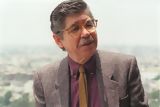
Novelist

Writer and poet

Volleyball player

Italian-Peruvian naturalist and geographer

Singer and percussionist

Last Inca emperor

Politician, former prime Minister

Journalist and TV host
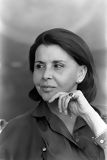
Poet

Inca warrior
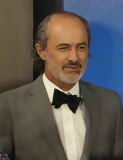
Actor and comedian

Biophysicist

Poet

Doctor and researcher
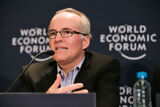
Businessman, Interbank group

Journalist and writer
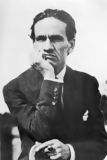
Poet and writer
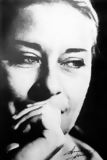
Singer and songwriter
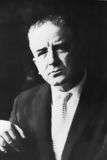
Writer

Film director, Berlin Golden Bear winner

Football player
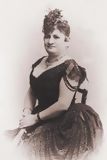
Writer and journalist
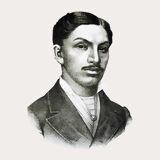
Doctor and scientist

Photograph

Chess player

Industrialist
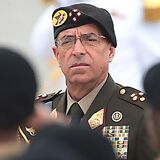
Former general

Specialist in public health

Actress and singer
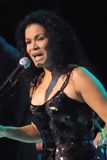
Afro-Peruvian music singer

Mathematician and engineer

Indigenous chronicler

Neurologist and anthropologist

Painter

Football player
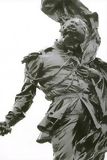
National hero, military leader

Intellectual and reformer

Chef and entrepreneur

Fashion designer

Singer-songwriter

TV presenter

Marathon runner

Indigenous Peruvian chronicler

Theologian

Former national team captain

Economist and former health minister

Inca princess

Writer and television host

Folk musician

Poet and guerrilla
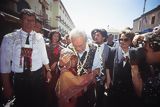
Former UN secretary-general

Chef, known for fusion cuisine

Football player

Peruvian aviation pioneer

Poet and artist
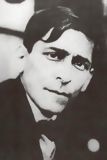
Marxist philosopher and writer

Industrialist and businessman
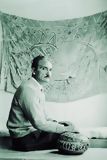
Novelist and ethnologist

Painter and muralist

Opera tenor

Fashion designer

Cardinal of Lima

Peruvian tennis player

Football coach

Leader of the indigenous rebellion
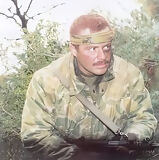
Military hero

Latin singer
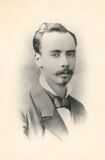
War of the Pacific hero

The youngest mother in history

Politician
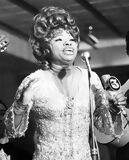
Creole music singer

Tennis player
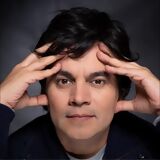
Musician

Writer and politician

Politician and founder of the Christian Democratic Party

Founder of Sodalitium Christianae Vitae

Archaeologist and anthropologist
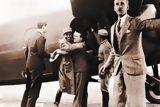
Military leader and politician

Television host
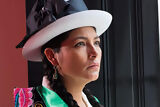
Actress and singer
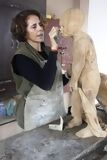
Contemporary sculptor
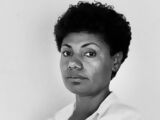
Women’s rights activist

Beauty queen

Astrophysicist

Heroine of independence
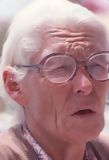
Mathematician and archaeologist

Historian and anthropologist
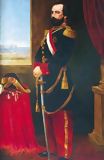
Military figure and historical figure
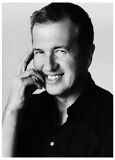
Fashion photographer
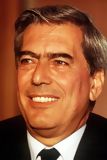
Writer, Nobel Prize in Literature, Politician

Revolutionary leader
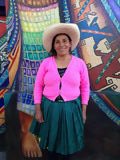
Environmental activist

Leader of the indigenous rebellion

Musician from Gaia band
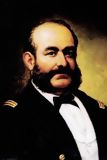
War hero
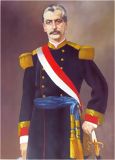
Military leader and politician

Chef, known for Nikkei cuisine

Volleyball coach and former player

Environmental activist

Television personality

Writer
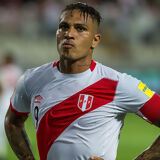
Football player

Epidemiologist and former health Minister

Inventor and aerospace pioneer

Soldier and inventor
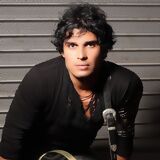
Rock singer

Chef and co-owner of Central restaurant

Painter

Football player

TV presenter and actress
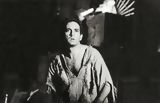
Actor
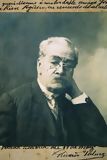
Writer and historian

Journalist and lawyer

Archaeologist, founder of Caral site
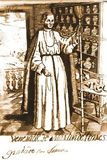
Monk and Saint
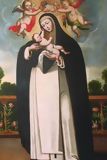
Saint, patron of Latin America

Physicist and engineer

World champion surfer

Actress

Oncologist
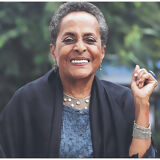
Singer, Latin Grammy winner

Former mayor of Lima

Singer

Actress

Former football player

Painter
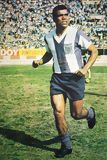
Former football player

Painter

Inca leader

Archbishop, saint
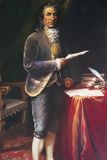
Leader of the indigenous rebellion

Revolutionary indigenous leader

Diplomat and intellectual

Sculptor and painter
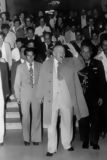
Political leader, founder of APRA

Lawyer and Former prime minister

Chef of Central restaurant
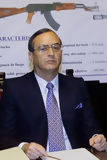
Former head of secret services

Popular singer

Fashion designer

Exotic music singer
Mateo García Pumacahua (1740-1815) was a Peruvian revolutionary leader who played a crucial role in the resistance against Spanish colonization. Pumacahua, initially a loyal ally of the Spanish crown, became a symbol of Peru's fight for independence. His legacy is remembered for his bravery and his shift in loyalty in defense of freedom.
Mateo Pumacahua was born in Chinchero, near Cusco, in 1740. He was a descendant of a noble Inca family, which granted him the title of cacique. For much of his early life, Pumacahua was an ally of the Spanish colonial authorities, serving as a local indigenous leader and facilitating the crown's administration of the region.
Throughout much of his life, Pumacahua supported the Spanish and played a key role in suppressing the rebellion of Túpac Amaru II in 1780. Due to his knowledge of Inca culture and his influence over the local population, the colonial authorities relied on him to quell the uprising, solidifying his position as a regional leader.
However, over time, Pumacahua began to change his allegiance. By the early 19th century, growing tensions between the criollos and the Spanish, along with the influence of independence movements in Latin America, led Pumacahua to reconsider his position. In 1814, during the Cusco rebellion, he joined the insurgents, marking a radical shift in his political career.
The 1814 rebellion, also known as the Great Southern Rebellion, was an uprising led by Mateo Pumacahua and other local leaders, such as the Angulo brothers. This movement sought Peruvian independence and was one of the most significant uprisings before the final war for independence. Pumacahua, utilizing his military experience and knowledge of the region, led the rebel troops to several initial victories, including the capture of Cusco.
Despite these early successes, the rebellion faced strong resistance from royalist forces. In 1815, after several battles with the Spanish troops, the insurgents were defeated. Pumacahua was captured and, after a swift trial, sentenced to death. He was executed on March 17, 1815.
Despite his execution, Mateo Pumacahua's legacy endures as a symbol of Peruvian resistance against colonial oppression. His life represents the shifting mindset of many indigenous leaders who initially supported the colonial regime before realizing the need to fight for independence. Pumacahua is remembered as a national hero who sacrificed everything in pursuit of freedom.
Mateo Pumacahua was a leader whose life embodies the complexities of colonial Peru. Moving from being an ally of Spanish authorities to becoming a passionate defender of Peruvian independence, his legacy serves as a reminder of the sacrifices made in the fight for freedom. Although he did not live to see Peru's independence, his actions helped pave the way for the country's eventual liberation in 1821.